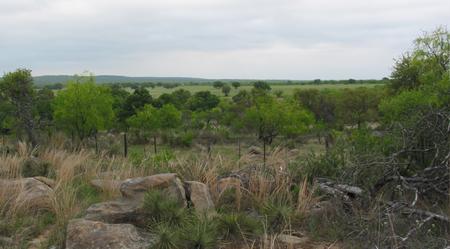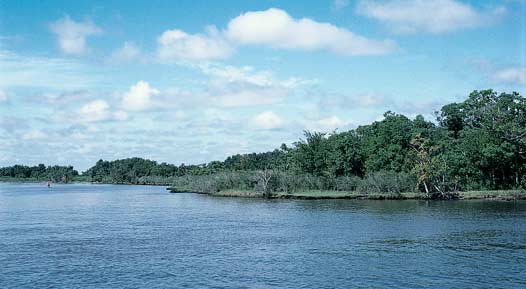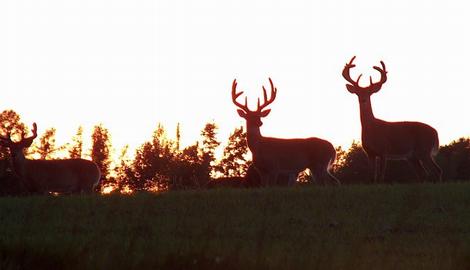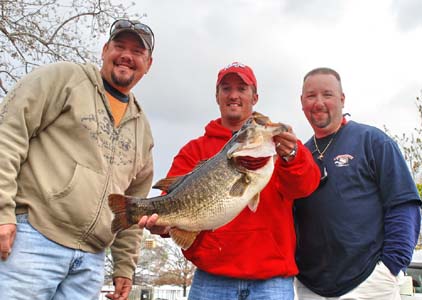Soybeans can be great for supplementing white-tailed deer. Soybeans are warm season legumes that require more fertilization with additional phosphorus (P) and potassium (K) in order to provide a high level of protein and growth. Forunately, soybeans can be easily planted from seed and will germinate in only a few days if adequate moisture is present. In addition, the beans can be fed directly to whitetail if purchased in bags. Whole soybeans can be purchased in the “raw” or roasted form.
Soybeans are often eaten in food plots by whitetail in both the foliage stage (green beans) and after the beans have matured. Some varieties of beans can easily reseed after the seed falls to the ground. A few varieties will produce plant material into the late season up until frost. Inoculation improves growth by allowing the plants to develop their own nitrogen. Continue reading Wildlife Management: Soybeans for Deer




